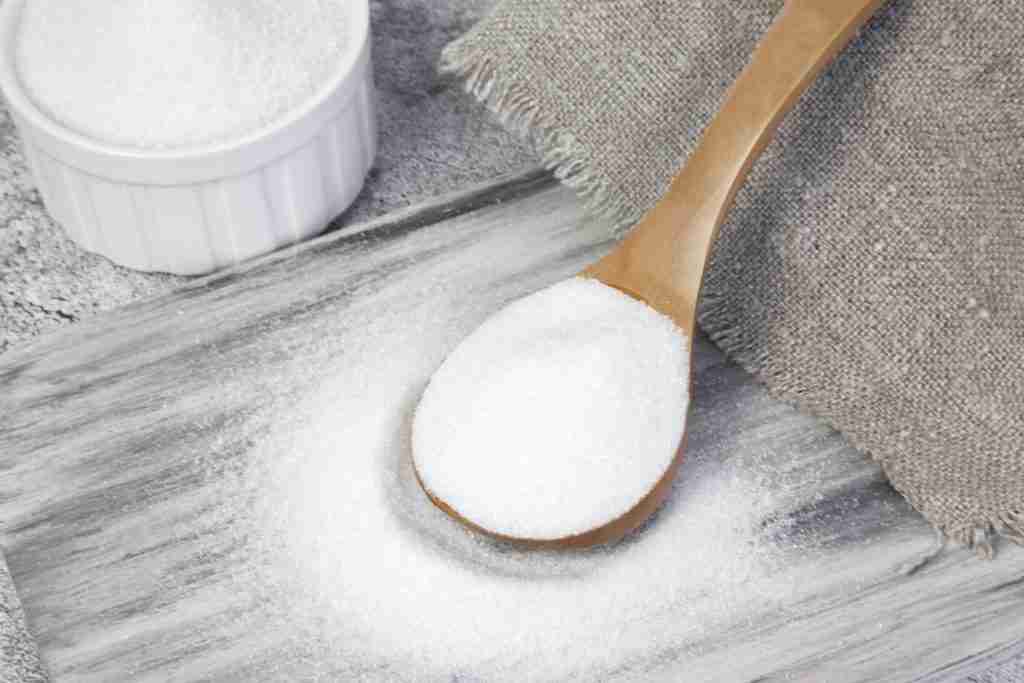We all know how dangerous fake news is and diabetes myths are the original fake news when it comes to living with diabetes. They also contribute to diabetes stigma and misinformation, both of which are so harmful. Let’s take a look at four common diabetes myths.
1. Eating too much sugar gives you diabetes
Since diabetes is a condition characterised by high or low blood sugar, many people wonder whether eating sugar can cause it.
While it’s true that eating large amounts of added sugar in your everyday foods may increase your risk of developing Type 2 diabetes, sugar intake alone is just one piece of the puzzle. And when it comes to Type 1 diabetes, it’s not about eating too much sugar at all. Sugar can’t give you Type 1 diabetes because it is an autoimmune condition – which means that your immune system destroys the cells that produce insulin.
So does eating too much sugar give you diabetes? No. That said, it does increase your risk of developing Type 2 diabetes. Studies have found that people who regularly drink sugar-sweetened beverages have a roughly 25 per cent greater risk of Type 2 diabetes.
Did you know that the average person in South Africa consumes between 12 and 24 teaspoons of sugar per day and four to eight teaspoons are from sugar-sweetened beverages?
2. Type 2 is less dangerous than Type 1 diabetes
Although Type 2 diabetes is much more common than Type 1, both conditions are equally serious.
No form of diabetes is more dangerous than the other. If Type 2 diabetes is poorly managed it can lead to serious complications, as can Type 1 diabetes. Although the risk of hypoglycaemic episodes is greater in those with Type 1, Type 2 can go undiagnosed for longer and potentially lead to long-term complications before diagnosis.
Good control of diabetes can significantly decrease the risk of complications but this doesn’t mean the condition itself is not serious. It is possible to live a healthy, happy life with any kind of diabetes!
3. People with diabetes can’t eat sweet things
While eating a slice of cake every day isn’t going to help your diabetes management, people with diabetes can eat sweet things in moderation. Portion control is so important!
Being diagnosed with diabetes should not mean you have to miss out on the joys of cakes or celebrating special moments. But it’s a good idea to plan carefully – consider eating small portions at a time so that your blood glucose doesn’t spike too much and always eat protein with carbohydrate (a few nuts or a slice of cheese).

4. People with diabetes will develop complications
A common myth is that if you have diabetes, you will develop complications – particularly blindness and impotence. This is 100 per cent not true.
Having diabetes means you will eventually go blind
Although it is true that people with Type 1 and Type 2 diabetes are at risk of developing diabetic retinopathy, an eye condition which can lead to blindness, it is preventable.
According to the National Institute of Diabetes and Digestive and Kidney Diseases, finding and treating retinopathy early can reduce the risk of blindness by 95 per cent. That is why there is strong evidence for regular eye screening for people who have diabetes. You should have an annual eye screening.

Men with diabetes are impotent
Diabetes can damage the blood vessels and nerves that control erection, it’s true. But if you are able to keep your blood glucose in a normal range, you are far less likely to develop erectile dysfunction. Treating and managing erectile dysfunction is possible, with the right lifestyle changes – limiting smoking and alcohol as well as maintaining good blood glucose control. Improving your blood sugar can help prevent nerve and blood vessel damage that can lead to erectile dysfunction.
So there you have it! Four diabetes myths that are not based in truths at all.
This article first appeared on Sweet Life Diabetes Community – www.sweetlife.org.za

